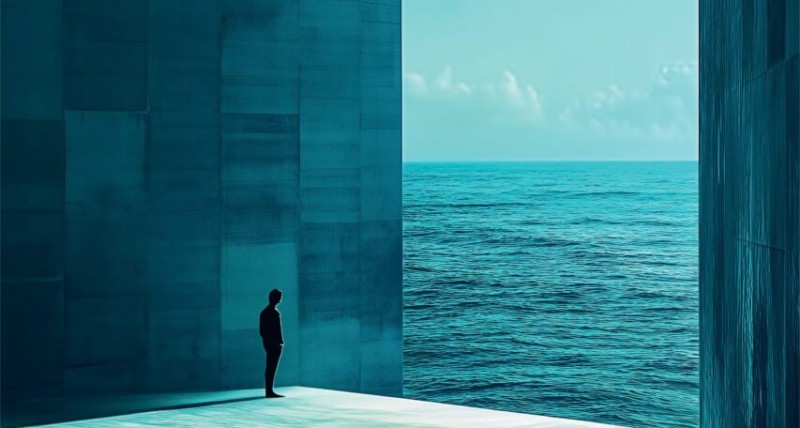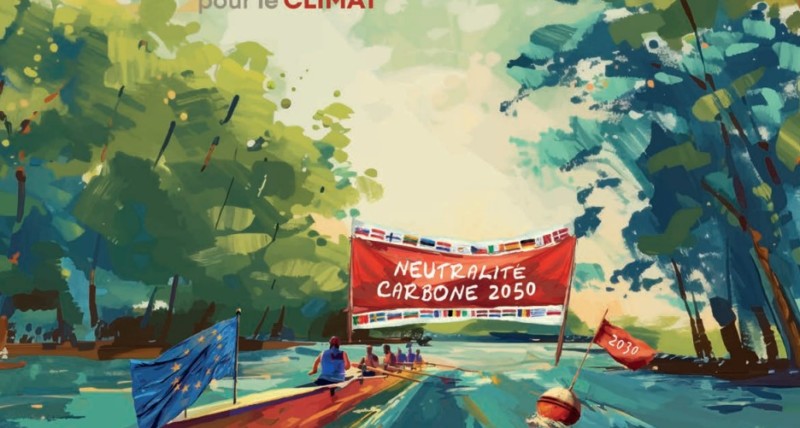Thank you for organizing this summit to reaffirm a clear message: the destinies of Africa and the ocean are deeply linked.
For millions of people across the continent, the ocean is a source of life, identity, and promise. With over 30,000 kilometers of coastline and 38 coastal states, Africa is a maritime power.
Its future is also written in its waters. But this blue wealth is too often undervalued and overexploited.
Maritime insecurity threatens peace. Pollution poisons coasts and ecosystems. And the climate crisis — for which Africa is not responsible — ravages its shores.
Faced with these challenges, Africa proposes, innovates, and acts. It forges solutions that inspire well beyond the continent.
We see this in ambitious regional cooperation projects — such as the African Union’s Integrated Strategy for the Seas and Oceans to 2050. And we see it in international negotiations, where Africa makes its voice heard strongly.
The agreement on the conservation and sustainable use of marine biological diversity of areas beyond national jurisdiction — the BBNJ Agreement — is an example.
The African Group was a central actor in the negotiations, securing commitments on the equitable sharing of benefits, capacity building, and the transfer of marine technology.
To date, 28 African states have signed the agreement, and three have already ratified it. These numbers may already have been exceeded by the figures announced this morning by the President of the Republic.
Several others plan to do so today during the special treaty-signing ceremony for the BBNJ Agreement.
This is a strong signal: Africa is at the heart of ocean action. But to fully unlock this potential, political and financial momentum is needed. This begins by strengthening maritime security against transnational threats — piracy, arms and human trafficking, and organized crime.
The United Nations will continue supporting African efforts, notably through the Yaoundé Architecture, which has contributed to a significant reduction in piracy acts in the Gulf of Guinea.
It also requires ocean governance based on science and cooperation.
We must fight pollution and illegal, unreported, and unregulated fishing; strengthen capacities for collecting and sharing oceanographic data; and protect biodiversity. We must promote renewable marine energies, aquaculture, and sustainable tourism — all sources of decent jobs, especially for youth and women.
But these efforts will only fully bear fruit if Africa is connected — within its territories and with the rest of the world.
African oceans must become true corridors of integration — linking coastal and landlocked countries in service of shared growth.
This requires concrete investments in maritime and port infrastructure: interconnected ports, resilient to climate change, capable of meeting the needs of growing trade.
Landlocked states must be connected to global value chains.
No country must be left behind.
But for this transformation to be sustainable and equitable, we must end historical injustices. These injustices also manifest in the ocean: investments have too often bypassed Africa, even as its marine resources were exploited by others.
The Pact for the Future, adopted last September, calls for a profound reform of global financial institutions — so that they serve everyone.
It is time for developing countries to be fairly represented in these institutions, including the UN Security Council.
We need a system that reflects 21st-century realities — a system that is fairer, more united, and more effective.
That is why I call on financial institutions, bilateral and multilateral donors, development banks, and the private sector to step up — including at the Fourth International Conference on Financing for Development in Seville.
From Dakar to Djibouti, from Cape Town to Casablanca, Africa proves that prosperity and preservation can go hand in hand.
The world needs Africa to meet the challenges of the ocean. And the ocean needs an Africa that charts its course and sails resolutely towards the future.




